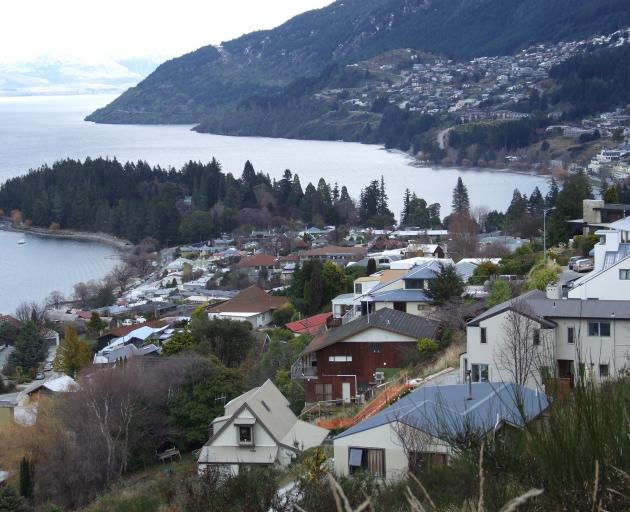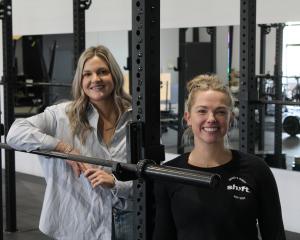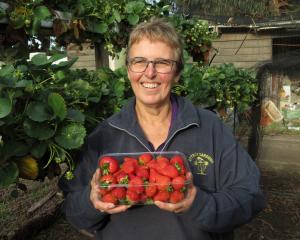
However, Infometrics chief executive Brad Olsen is standing by the report, released on Tuesday.
Airbnb commissioned the report to look at the effects of short-term visitor accommodation in the Queenstown Lakes District, Auckland, Wellington and Christchurch.
The report found population growth and interest rates have the greatest influence on pricing in the Queenstown Lakes District.
That is despite short-term visitor accommodation records being broken in the Queenstown Lakes District last year.
Data included in the report showed that in 2019 "entire space reservation nights" reached 584,000, but up to November last year there had already been 634,000 reservation nights, and it was on track to reach about 729,000 for the year.
The report said the analysis for the district found the Airbnb sector "contributes negligibly" to monthly rental price increases — the monthly average being about 35c. Between January 2018 and September 2023 population growth influenced a weekly rental increase of about $101 and short-term rental accommodation only influenced about $11 a week.
Mr Olsen said he was "a little bit surprised" by the findings.
"But I think it also highlighted for us ... you might well have Airbnb numbers, for example, increasing at the same time as you have rents increasing."
While, on the surface, it appears one is driving the other, that was not the case, according to their research.
"I welcome the debate and the conversation about this."
Arrowtown-based regional economist and former Infometrics senior economist Benje Patterson said he was not surprised at the overall finding.
He said he was a bit taken aback by the assertion Queenstown Lakes was not building enough houses to meet population growth, given his research had shown the opposite.
"It has highlighted that Queenstown Lakes is the king of home-building and that each year we build more than enough homes to account for our expanding population, but the problem is that many of these homes don’t end up being destined for long-term occupancy.
"We know from previous censuses that one in four homes built in Queenstown Lakes get used for something else, other than day-to-day living.
"Some will be holiday homes, or homes to retire to in future, and then, of course, a few might end up as short-term visitor accommodation."
Mr Olsen said he had no reason to doubt Mr Patterson’s research, but Infometrics found from 2012-19 the district’s population was growing faster than the number of dwellings.
Mr Patterson said as a district they have to focus on supporting the "right kind of lift" in housing supply.
"This is the true challenge, and while we need to be wary, we also shouldn’t get sidetracked by scapegoating short-term accommodation — sure Airbnb and other platforms aren’t helping make houses be available for long-term occupancy, but they are not the number one problem."
Advertisement













